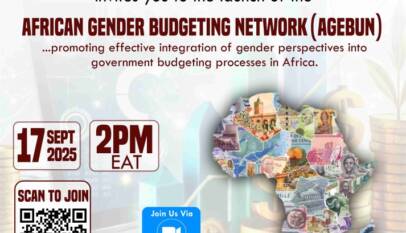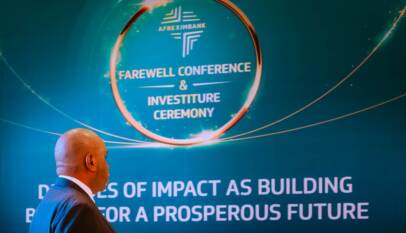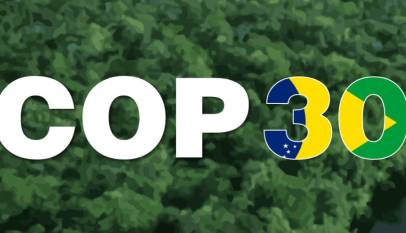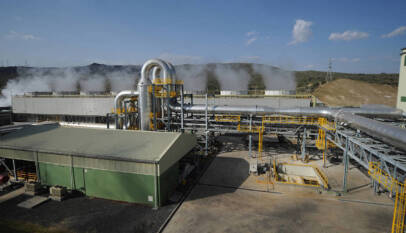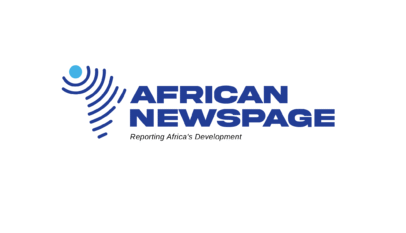CSACEFA, ICEADA commemorate International Literacy Day 2020 in Kano
As normalcy is gradually returning after the COVID-19 lockdowns, the Kano state chapter of Civil Society Action Coalition on Education for All (CSACEFA) and the Inclusive Community Education and Development Association (ICEADA), Tuesday joined the global community in commemorating the International Literacy Day 2020.
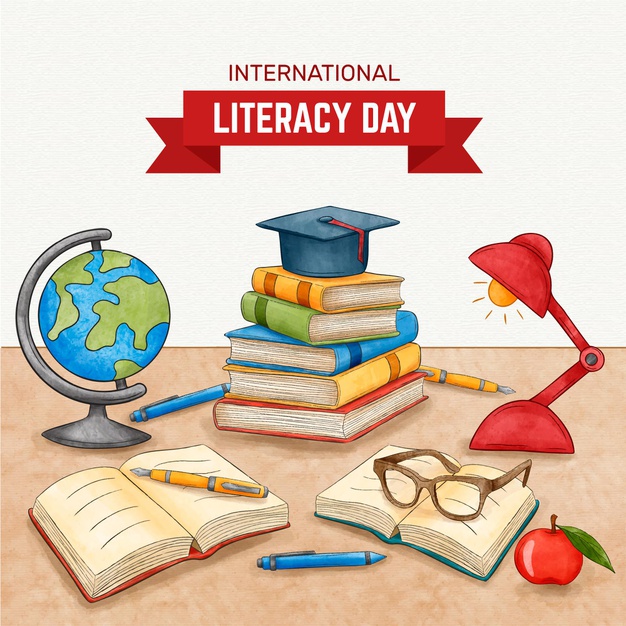
Literacy, the ability to identify, understand, interpret, create, communicate and compute using either printed or written materials, had been hit hard by the COVID-19 pandemic, which led to the shutdown of all centers of learning across the globe in recent months.
The event which was held under this year’s commemoration theme: “Literacy Teaching and Learning in COVID-19 Crisis and Beyond,” featured as panelists and participants, seasoned educationists, community leaders as well as representatives of civil society organizations, who reflected on how innovative methods of teaching could be leveraged to facilitate child and adult literacy and learning, in the face of the pandemic and beyond.
Muhammad Bello Shitu, a professor of community development and innovation diffusion and team lead of ICEADA, said about 1.6 billion children globally didn’t have access to virtual learning during the COVID-19 lockdown which, he said, would have a negative impact on learning when conventional schooling resume.
Shitu bemoaned the fact that a large number of children who had been forced out of school might never return to the classroom as some of them would have found themselves in other activities that may seem more appealing than education. He highlighted adequate funding for education and improved competence of teachers as strategies for improving education in Kano state and therefore urged education stakeholders and the state government to work collectively towards achieving the goals of Education 2030 Agenda, as part of the Sustainable Development Goals (SDGs).
A panelist at the event, Dr Mukhtari Jibril, a chief lecturer at the Sa’adatu Rimi College of Education, said the crisis in the education sector had kept Nigeria many steps away from the attainment of the goals of Education 2030 Agenda. He also blamed the crisis in the north eastern part of the country for the many out-of-school children in the region. “We cannot have education in a society where there is no peace,” he said.
Dr Jibril further lamented the weak enforcement of education policies in Nigeria and urged the government to employ all means necessary to change the current status of the country’s education sector. “The challenge of education in Nigeria revolves around issues such as non-implementation of policies, ineffective financing, non- qualified teachers. Nigeria has strong education policies but they are not in practice. Other African countries don’t have strong enough policies but they are doing better than Nigeria,” he said.
Also a panelist, Adam Alqali, a multi-award winning journalist, queried the accessibility and inclusivity of virtual learning in Nigeria due to challenges to do with availability and accessibility to e-learning technologies. “Sustainable Development Goals are about leaving no one behind and in a system of education where only a few can have access to and afford e- learning materials, achieving the goals by 2030 is not realistic,” he said.
“As it is today, schools have been shut down for months and students have been asked to learn using alternative forms of education which requires internet, radio or TV but in a society where even the conventional education system is struggling with issues such as infrastructure and quality of teachers, how do you expect that same system to cope with an e-learning?”
Another panelist, Ladidi Sani, an experienced education administrator, said the standard of education in Nigeria’s public schools had collapsed drastically due to lack of quality texts, qualified teachers as well as effective supervision. She maintained that unless there was a revamp of the public schooling system it would never catch up with the private one. “It is nearly impossible for Nigeria to ensure access to education for all by 2030, if things are not drastically changed,” she said.







